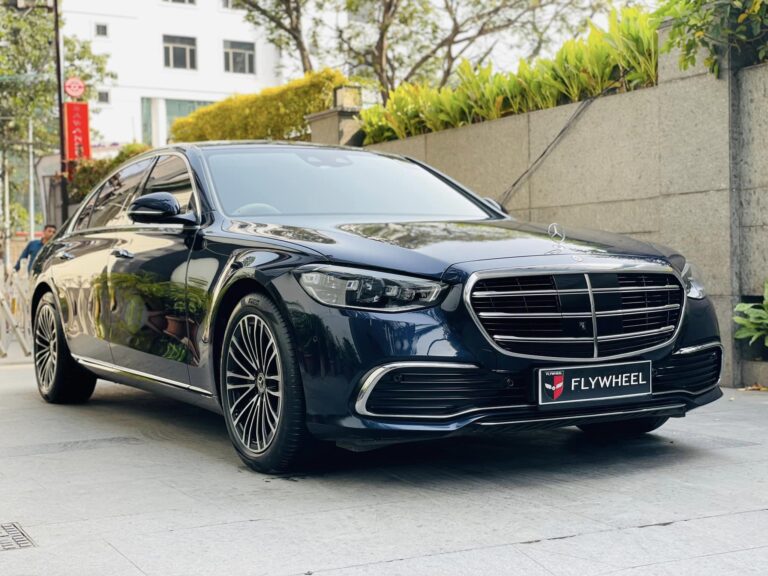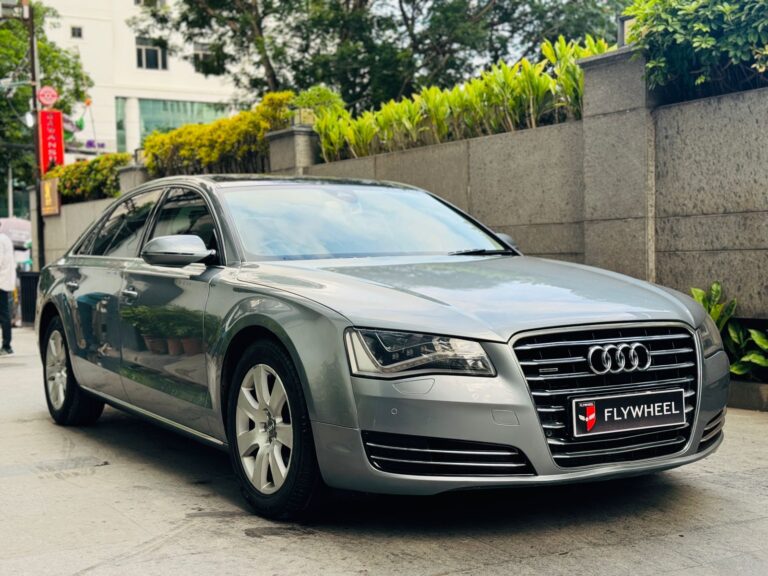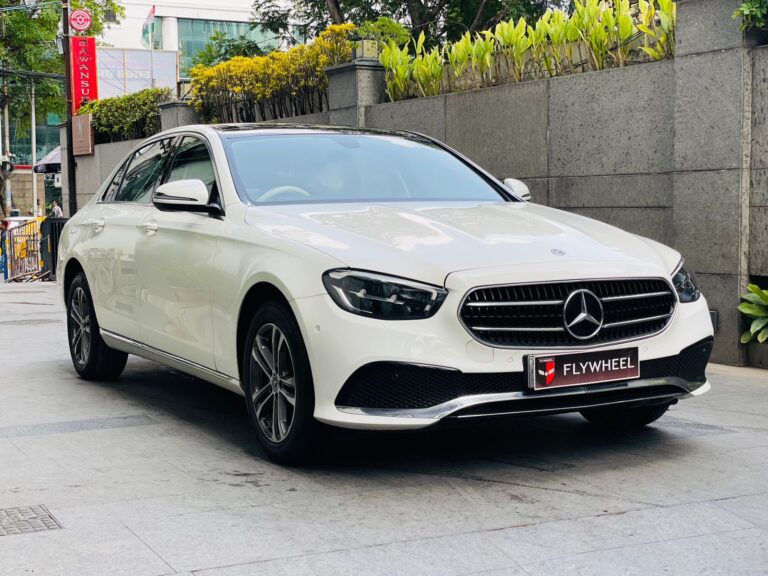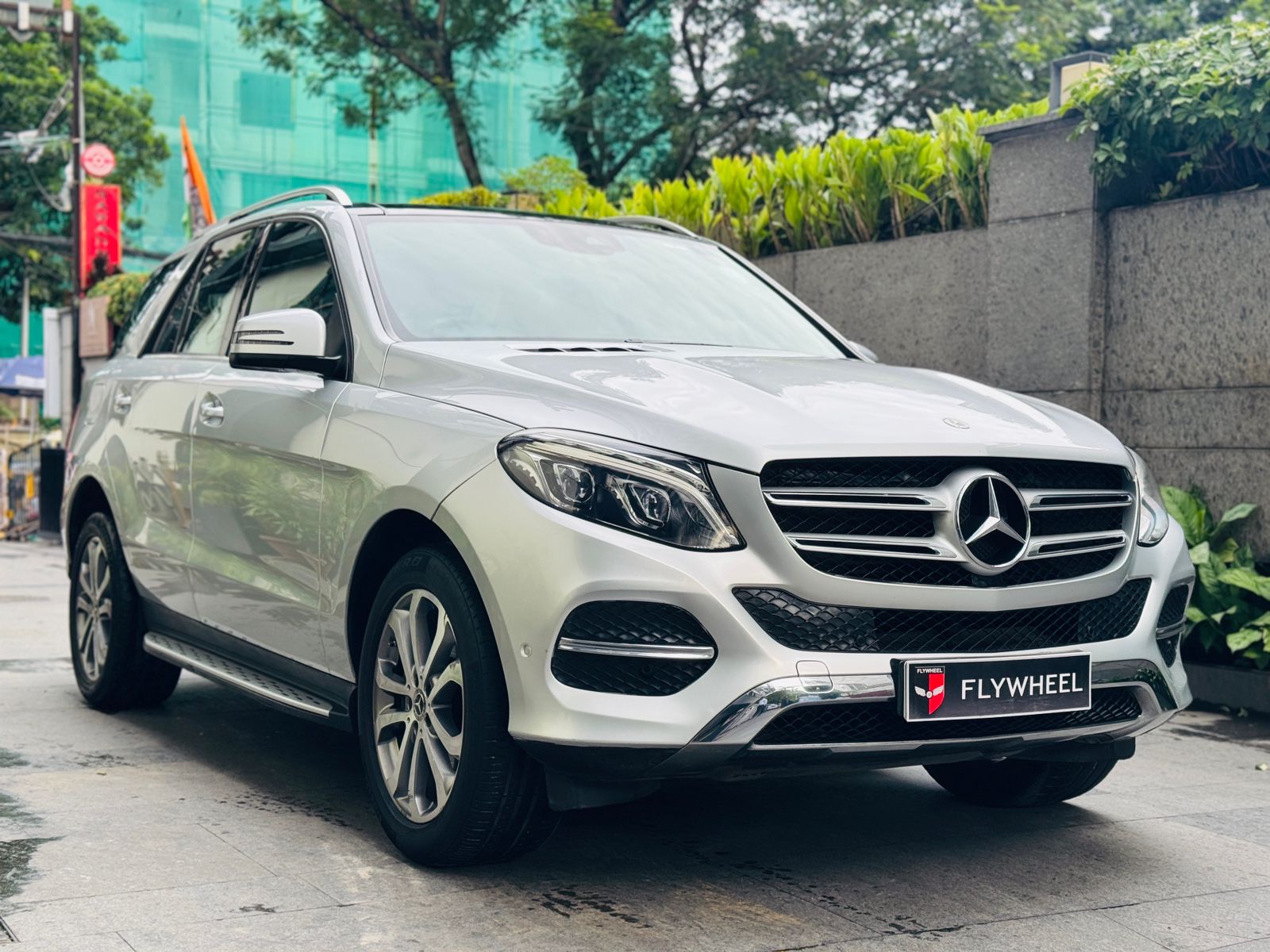Best Used Cars
Best Used Cars in Kolkata
Buying a Used Car in Kolkata
flywheel cars in india
flywheel cars in kolkata
FLYWHEEL INDIA
flywheel kolkata
kolkata used dealer
preowned car
preowned cars
preowned cars for sale
preowned cars in india
preowned cars in kolkata
preowned suv cars in india
preowned suv price in india
second hand audi price
second hand bmw cars
second hand bmw price in india
second hand bmw price in kolkata
second hand car
second hand car in india
second hand car in kolkata
second hand cars in india
second hand dealership in kolkata
second hand mercedes car
second hand sedan car price in india
second hand suv
used car buys
used car in india
used car in kolkata
Used Car Purchase
used car suv
used cars
used cars audi price in india
used cars bmw price in india
used cars buy
used cars for sale
used cars in india
used cars in kolkata
used cars india
used cars kolkata
used cars sale
used cars sedan

Is Leasing or Buying a Used Car Better for You? 6 Things to Think About
When considering a vehicle, one of the most important decisions you’ll face is whether to lease or buy a used car. Both options have distinct advantages and disadvantages, making it essential to evaluate your personal circumstances and preferences. Here are six key factors to consider when deciding between leasing and buying a used car:



Here is Leasing vs Buying a Used Car: 6 Key Considerations
1. Monthly Payments and Affordability
One of the most significant differences between leasing and buying is the cost structure. Typically, leasing a used car results in lower monthly payments compared to buying. This can be particularly appealing for individuals on a budget or those who prefer to allocate their funds toward other expenses. When you lease, you’re essentially paying for the depreciation of the vehicle during the lease term, plus interest and fees.
On the other hand, buying a used car means that you’ll likely face higher monthly payments. However, once the vehicle is paid off, you own it outright, and your monthly financial obligation disappears. If long-term affordability is your priority, buying may be the better option, especially if you plan to keep the car for several years.
2. Ownership and Equity
Ownership is another critical factor to consider. When you buy a used car, you gain full ownership once the payments are completed. This means you can drive the vehicle as much as you want, modify it to your liking, and ultimately have an asset that holds value. If you decide to sell the car in the future, you can recoup some of your investment.
Leasing, however, means you never own the car. At the end of the lease term, you must return the vehicle to the dealership. While leasing allows you to drive a newer car with warranty coverage and lower monthly payments, you won’t have any equity in the vehicle. If ownership and building equity are essential to you, buying a used car might be the more advantageous route.
3. Mileage Limits
Most leases come with mileage restrictions, typically between 10,000 to 15,000 miles per year. If you exceed this limit, you could incur significant penalties. For individuals who have long commutes or frequently travel, these mileage limits can be a major drawback.
In contrast, when you buy a used car, there are no mileage restrictions. You can drive as much as you want without worrying about extra fees. If you anticipate high mileage usage, purchasing a used car may be the better option, as it allows you the freedom to drive without constraints.
4. Maintenance and Repairs
When you lease a vehicle, it often comes with warranty coverage for the duration of the lease. This means that most major repairs will be taken care of by the manufacturer. However, you’ll still be responsible for routine maintenance, and excessive wear and tear can lead to additional charges when you return the vehicle.
When buying a used car, you will need to consider the potential for higher maintenance costs, especially as the vehicle ages. However, you also have the flexibility to choose how and when to maintain your vehicle. If you’re mechanically inclined or prefer a particular service provider, buying a used car allows you the freedom to make those decisions without restrictions.
5. Flexibility and Future Plans
Consider your future plans when deciding between leasing and buying. If you enjoy having the latest technology and features in your vehicle and like to switch cars frequently, leasing might be the right choice. Leasing allows you to drive a new car every few years without the hassle of selling or trading in a vehicle.
If you plan to keep your car for many years, buying a used vehicle is likely more beneficial. Owning a car means you can make it your own, and you won’t have to worry about lease-end penalties or finding a new vehicle when your lease expires.
6. Tax Considerations
Depending on your location, there may be different tax implications for leasing versus buying a used car. In some regions, you may pay sales tax only on the lease payments rather than the full value of the car, making leasing more appealing from a tax perspective. Conversely, when you buy a vehicle, you generally pay sales tax on the entire purchase price upfront.
It’s crucial to consult with a tax professional or research local tax laws to understand how they may impact your decision.
Conclusion
Ultimately, the choice between leasing and buying a used car depends on your personal preferences, financial situation, and driving habits. Consider your budget, how long you plan to keep the vehicle, your maintenance preferences, and any potential mileage limitations. By carefully evaluating these factors, you can make an informed decision that aligns with your lifestyle and financial goals, ensuring you choose the option that’s best for you.


Where to Buy the Best Used Cars In Kolkata
In 2024, Kolkata’s leading dealerships, including Flywheel Cars, focus on high-quality used cars. They provide a wide range of thoroughly inspected, certified vehicles, delivering great value for buyers.
FAQs:
What are the main differences between leasing and buying a used car?
- When you lease a used car, you pay a monthly fee to drive it for a set term, usually 2-3 years, with the option to return or sometimes purchase the car at the end. Leasing often has lower monthly payments and a mileage limit.
- When you buy a used car, you own it outright once the loan is paid off, with no mileage restrictions or end-of-term fees. This option generally costs more upfront but provides more freedom in the long run.
2. Which option has lower monthly payments?
- Leasing a used car often has lower monthly payments compared to buying because you’re paying for the vehicle’s depreciation over the lease term rather than the full purchase price. However, keep in mind that you’ll need to return the car or buy it out at the end of the lease.
3. Is leasing or buying better for long-term ownership?
- If you plan to keep the car for many years, buying is the better choice. Ownership allows you to build equity in the vehicle, and you won’t have to worry about mileage limits or returning it. Leasing may be better if you prefer driving a newer car every few years and don’t mind not owning the vehicle.
4. Are there mileage restrictions with both options?
- Leasing agreements usually come with mileage restrictions (typically 10,000–15,000 miles per year), and exceeding them results in extra fees. When you buy a used car, there are no mileage limits, so you can drive as much as you want without incurring extra costs.
5. What about maintenance and repair costs?
- Maintenance costs can vary for both options. With a lease, the car is usually under warranty for the lease term, which helps cover some repair costs. However, with a purchased car, you have more flexibility in repair choices and long-term control, though repairs could become more costly as the car ages and the warranty expires.
More Interesting Blogs To Read:
Deregistering Cars in Kolkata: 6 Steps Made Easy
Top 5 Used Cars That Are Safe for New Parents
Ranked as the top used car dealer in Kolkata, Flywheel specializes in offering a wide range of premium vehicles to our clients. Our unwavering commitment to customer satisfaction and uncompromising dedication to quality set us apart in the industry.


